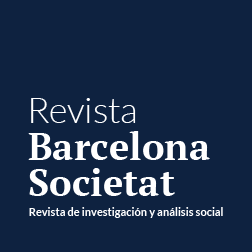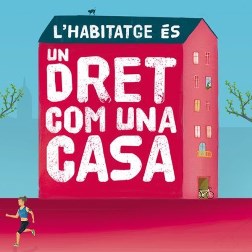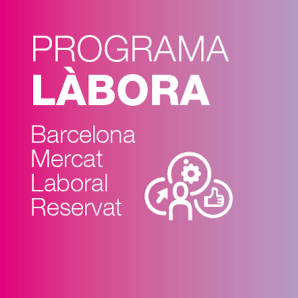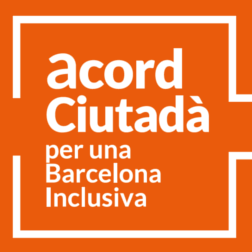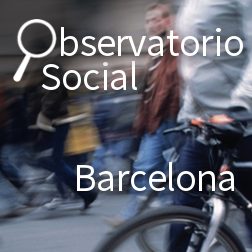The Coid-19 pandemic is a crisis of crises. It’s a health emergency that has caused a profound economic and social crisis, and the WHO has warned that the destruction of the environment and globalisation contribute to the spread of viruses like the one that causes Covid-19. Therefore, the health emergency should not lead us to overlook the climate emergency, as the two are closely linked. Overcoming the pandemic and its economic and social effects is the most urgent task for governments across the globe, but the climate emergency continues to be the greatest challenge faced by humankind. The scientific evidence is overwhelming. In Catalonia, the average temperature has risen by 1.6ºC since 1950, and will increase at a much faster rate over the coming decades if we don’t cut greenhouse gas emissions. The group of experts from the United Nations who have been studying climate change for decades have warned us that we must achieve zero emissions by 2050, in order to keep the increase in global temperature by the end of the century at 1.5ºC, a rise that would have a serious impact on the climate, but nevertheless one that could be controlled by putting adaptation measures in place.
Almost all serious political actors now agree on the need for an ecological transition, particularly because of the awareness-raising work carried out by ecological organisations from the global movement for climate justice which has emerged in recent years. Now we have to decide on the direction of this transition, who will win and who will lose out in this far-reaching process of transformation. The climate crisis has a greater impact on women and people on low incomes (both on a global scale and within each country), precisely those who are responsible for emitting fewer greenhouse gases. Given this injustice, there is a need to construct an ecological transition that incorporates social justice and a gender perspective. And this is where cities have an important role to play.
This issue of Barcelona Societat aims to contribute to this task, with a series of reflections on the various aspects of the links between the climate crisis and inequalities, and offering concrete examples of fair and just ecological transition policies which combine the efforts to reduce greenhouse gas emissions and the protection of social rights. Barcelona, with tools that have been constructed collaboratively such as the Climate Plan and the Climate Emergency Declaration, is spearheading these policies. The ongoing Pla Calor (Heat Plan) involves a series of different initiatives where the ecological is combined with a social and gender perspective, including mobility policies aimed at cutting the pollution which is so harmful to health, the climate shelter network, energy advice points, housing renovation policies and initiatives aimed at transforming schools.
The crisis caused by Covid-19 has hit us hard, but it has also forced us to rethink many things that we have taken for granted. It has highlighted the importance of care work, our own vulnerability, the need for stronger neighbourhood and community networks, etc. Let’s use this moment of collective reflection to push ahead with the great transformation that is needed within our societies over the coming decades: the ecological transition that incorporates a social and gender perspective. This issue of Barcelona Societat offers a modest contribution, from a municipal perspective, to the collective reflection this transformation demands.
Laura Pérez
Major of Social Rights, Global Justice, Feminisms and LGTBI Area


